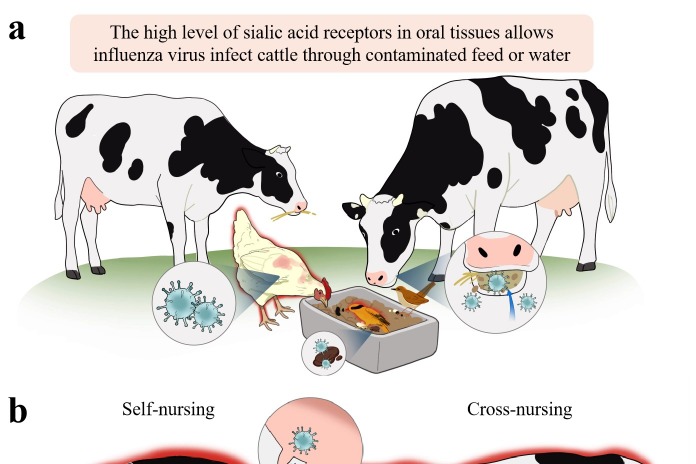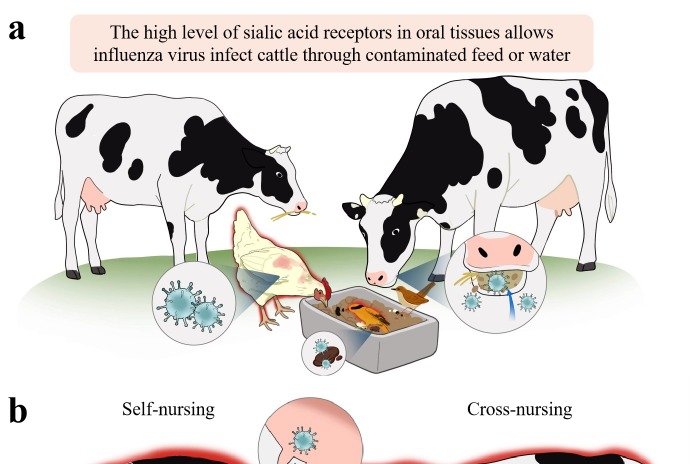A novel peptide 66CTG stabilizes Myc proto-oncogene protein to promote triple-negative breast cancer growth
Triple-negative breast cancer (TNBC) is the most malignant subtype of breast cancer that lacks reliable targets for diagnosis and therapy. Non-coding RNA (ncRNA)-encoded products hold promise for addressing this unmet need. By analyzing the reported ribosomal RNA sequencing data, combined with the TCGA, ORFfinder, SmProt databases, we identified CDKN2B-AS1, a TNBC-upregulated lncRNA encoding a 66-amino-acid peptide via CUG-initiated translation. CRISPR-Cas9 gene editing and mass spectrometry confirmed endogenous expression of this peptide, designated 66CTG, in TNBC cells. Functionally independently of its host RNA, 66CTG promoted the proliferation of TNBC cells and the tumor growth of TNBC xenograft by stabilizing c-Myc protein and enhancing Cyclin D1 transcription. Immunohistochemistry of 89 clinical TNBC paraffin samples revealed positive correlations among 66CTG, c-Myc, and Cyclin D1 expression levels. Mechanistically, co-immunoprecipitation and ubiquitination assays revealed that 66CTG stabilized c-Myc by competitively interacting with FBW7α, an E3 ligase responsible for recognizing 66CTG CPDS56/S60 motif which phosphorylated by GSK-3β during the late G1 phase. In conclusion, our findings suggest 66CTG has potential to be developed as a target for TNBC diagnosis and therapy. Furthermore, it unveils a regulatory axis wherein 66CTG stabilizes c-Myc by interacting with FBW7α, offering a new mechanistic explanation for c-Myc overexpression in TNBC. Patients co-overexpressing 66CTG, c-Myc, and Cyclin D1 may benefit from therapies targeting this axis.
© 2025. The Author(s).
Competing interests: The authors declare no competing interests.
You may also like...
Diddy's Legal Troubles & Racketeering Trial

Music mogul Sean 'Diddy' Combs was acquitted of sex trafficking and racketeering charges but convicted on transportation...
Thomas Partey Faces Rape & Sexual Assault Charges

Former Arsenal midfielder Thomas Partey has been formally charged with multiple counts of rape and sexual assault by UK ...
Nigeria Universities Changes Admission Policies

JAMB has clarified its admission policies, rectifying a student's status, reiterating the necessity of its Central Admis...
Ghana's Economic Reforms & Gold Sector Initiatives

Ghana is undertaking a comprehensive economic overhaul with President John Dramani Mahama's 24-Hour Economy and Accelera...
WAFCON 2024 African Women's Football Tournament

The 2024 Women's Africa Cup of Nations opened with thrilling matches, seeing Nigeria's Super Falcons secure a dominant 3...
Emergence & Dynamics of Nigeria's ADC Coalition

A new opposition coalition, led by the African Democratic Congress (ADC), is emerging to challenge President Bola Ahmed ...
Demise of Olubadan of Ibadanland
Oba Owolabi Olakulehin, the 43rd Olubadan of Ibadanland, has died at 90, concluding a life of distinguished service in t...
Death of Nigerian Goalkeeping Legend Peter Rufai

Nigerian football mourns the death of legendary Super Eagles goalkeeper Peter Rufai, who passed away at 61. Known as 'Do...




